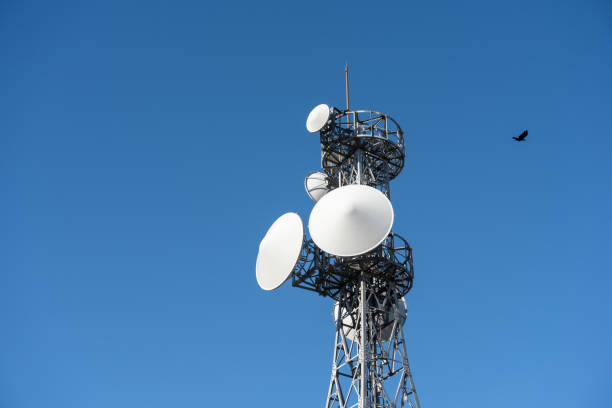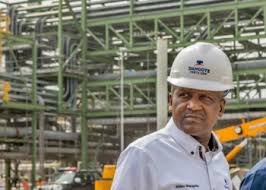In a world increasingly powered by data and digital connections, it is easy to forget the heavy lifting done by the humble telecom infrastructure – until it disappears. In Nigeria, that reality is hitting harder than an unexpected “no service” message during a bank transfer.
Despite government policies, task forces, and presidential orders, telecom infrastructure vandalism remains a thorn in the country’s digital flesh. In fact, it’s not just a thorn — it’s become a full-blown saboteur.
According to the Association of Licensed Telecommunications Operators of Nigeria (ALTON), vandalism of telecom facilities has risen sharply in recent months, particularly since May. From Lagos to Lokoja, Kaduna to Calabar, vandals are on the loose, targeting everything from power cables to solar panels, diesel generators, batteries, and even fibre optic cables — the lifelines of modern communication.
“These acts of sabotage have severely disrupted network services, causing widespread outages, traffic congestion, a decline in the quality of services and a direct impact on millions of subscribers,” ALTON said in a recent statement. If you’ve noticed your mobile network going from “4G” to “No G” lately, you’re not alone.
A Problem That Won’t Go Quietly
Nigeria’s telecom sector has experienced over 50,000 major cases of vandalism between 2017 and 2022. It’s a staggering number for a country that prides itself as Africa’s tech capital. While startups are pitching ideas in Lagos and Abuja, fibre cables are being yanked from the ground by criminals for quick cash.
States like Delta, Rivers, Akwa Ibom, Ogun, Edo, and even the FCT are among the hardest hit. The impact goes beyond dropped calls and slow internet. These attacks directly affect banking transactions, e-learning, health data systems, and even national security surveillance tools.
Gbenga Adebayo, President of ALTON, didn’t mince words: “Our national security, economic stability, and digital future depend on it. Action must be taken now.”
Fighting Back with Policies and Platforms
To be fair, the government isn’t folding its arms. In August 2024, President Bola Tinubu signed an executive order that classifies telecom infrastructure as Critical National Infrastructure. Damaging them now carries serious criminal penalties. The Nigerian Communications Commission (NCC) also launched a public platform in May for citizens to report vandalism incidents.
Earlier, in April, telecom operators came together to form a special infrastructure protection group. There’s even an inter-ministerial committee working to prevent accidental damage caused by roadworks — a common issue in cities where digging starts without notice or permits.
But so far, these efforts are like trying to patch a leaking bucket — the water keeps finding its way out.
More Than Just Cables — It’s the Economy
For operators, the real pain isn’t just the missing equipment — it’s the cost of replacing them. Funds that could go into expanding rural coverage or rolling out faster internet are now diverted to repairs. And as Nigeria leans into its digital transformation, poor connectivity is more than an inconvenience — it’s a national liability.
Think about it: one act of vandalism can bring down mobile banking in a whole area. Students can’t access e-learning platforms. Hospitals may lose patient records stored in the cloud. Even Jollof rice sellers who rely on online orders and mobile payments might start missing business.
And as any Nigerian will tell you, when network “hangs”, tempers rise.
Telecom companies are not asking for miracles — just support. They’re calling on the Office of the National Security Adviser (ONSA), the Police, DSS, NSCDC, traditional rulers, local vigilantes, and everyday citizens to join the fight.
After all, a single stolen fibre cable could mean a whole neighbourhood loses internet. And without internet, how will people stream BBNaija or beg for urgent ₦2k on WhatsApp?
The battle to protect Nigeria’s telecom infrastructure is everyone’s battle. Because when the towers go down, it’s not just voice calls that disappear — it’s opportunities, services, and growth.
And let’s be honest, who wants to be stuck in traffic, with no music, no podcasts, and no Google Maps — all because someone somewhere stole a battery?
So, next time you see someone lurking suspiciously near a telecom mast, don’t just scroll past. It could be the reason your “network is busy” when you really need to make that call.





